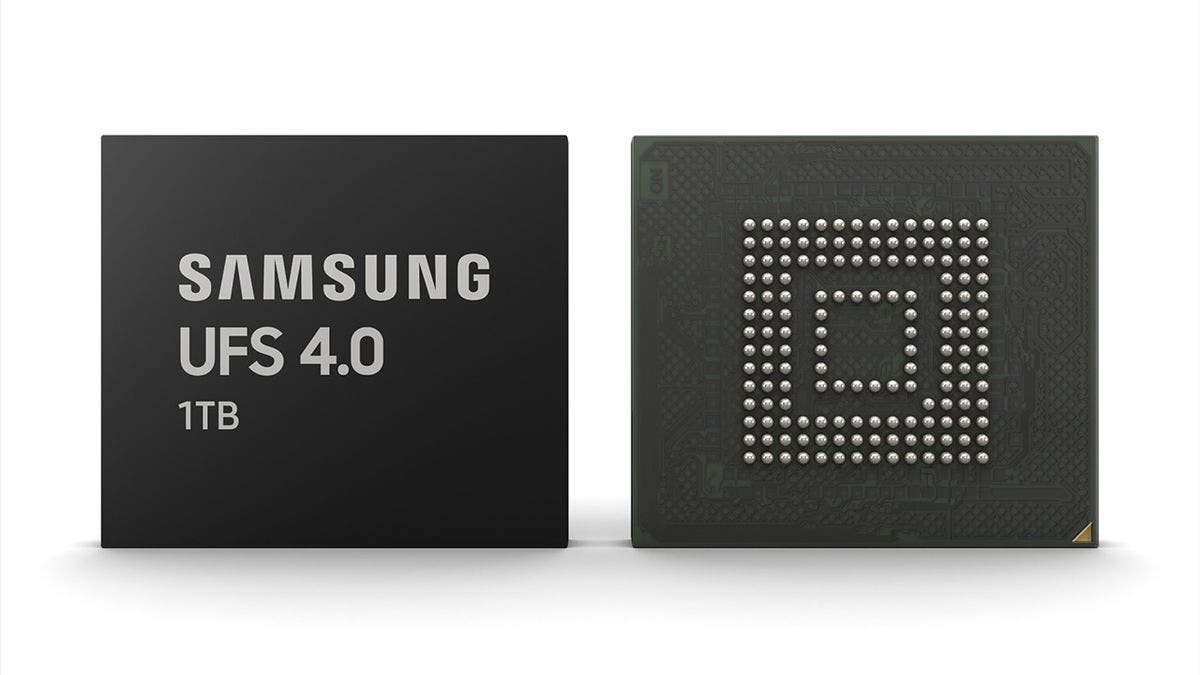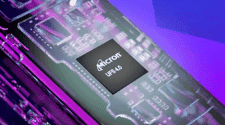The JEDEC Committee announced the approval of the Universal Flash Storage 4.0 (JESD220F) and UFSHCI 4.0 (JESD223E) specifications. Compared to UFS 3.0 and 3.1 versions, the exchange rate has increased from 2.9 to 4.2 GB/s. At the same time, the interface supply voltage is lower from 3.3 to 2.5 V. This will make the controllers cooler and less gluttonous. Which is important for use in thin smartphones. There are other improvements that will find applications in the near future.
The previous version of the Universal Flash Storage standard, in the form of UFS 3.1 specifications, was adopted in 2020. However, at that time, the speed of this serial interface remained at the level of the UFS 3.0 specifications adopted even earlier – in 2018. The new version of the standard in the face of UFS 4.0 immediately breaks through the barrier in terms of read and write speed. And also reduces controller power to a more acceptable level for mobile devices.
UFS 4.0 Mobile Flash Memory Standard Introduced: Speed Increased Almost 1.5 Times to 4.2 GB/s

With all the innovations, the UFS 4.0 standard remains backward compatible with UFS 3.0 and 3.1. Which allows you to maintain the continuity of architectures. In addition, the UFS 3.1 specifications have also been slightly better in the new JESD231 File Based Optimization document. Providing forward compatibility between UFS 3.1 and UFS 4.0 in certain modes of operation. In particular, the new JESD231 File Based Optimization standard allows a host to speed up read traffic based on file system information provided by the host.
Also, in addition to increasing the exchange rate over the UFS 4.0 interface, based on the M-PHY 5.0 and UniPro 2.0 specifications. The developers introduced support for a Multi-Circular Queue and an improved RMPB interface to increase throughput and data protection. To reduce system delays, it is proposed to enable high-speed channel launch, out-of-order data transmission, and the BARRIER command. Also implemented is an extended device error history with host configurable timestamps and M-PHY’s Eye Monitor.
Note that Samsung has already introduced flash memory with UFS 4.0 interface this spring, promising to start its mass production this fall. Obviously, smartphones with memory interface UFS 4.0 will be on sale next year.




